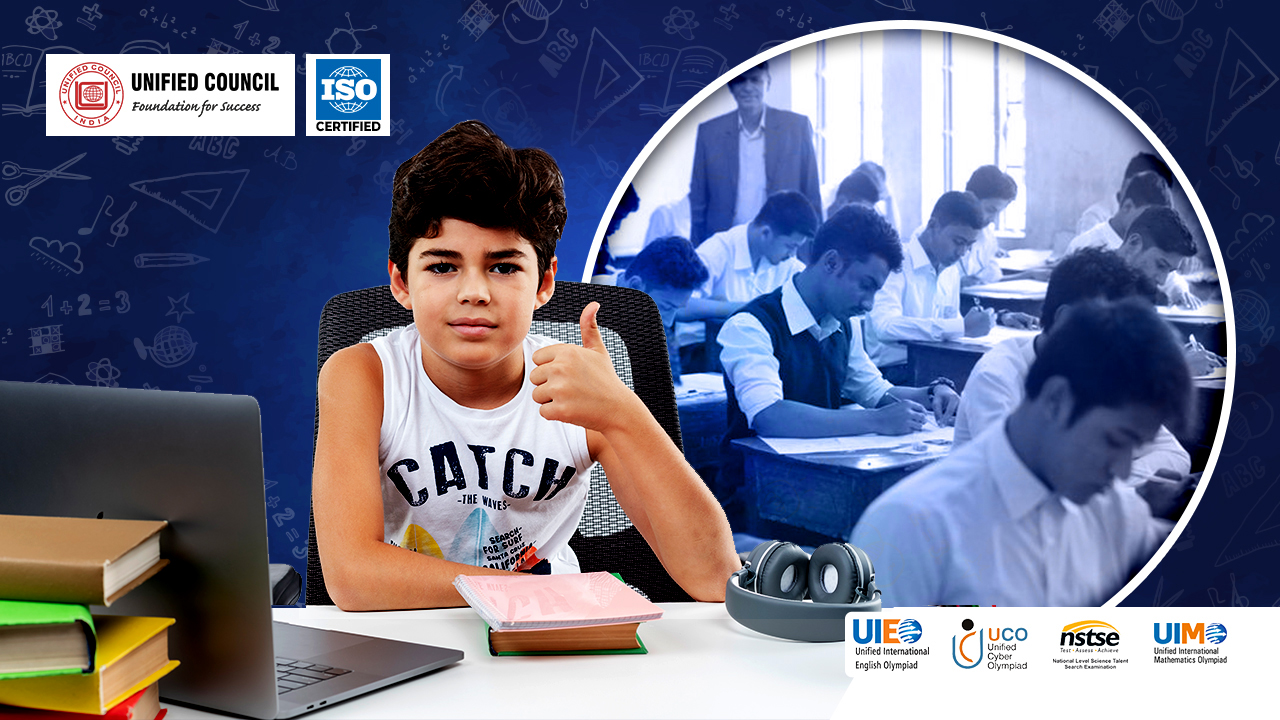
Posted at - 30-Nov-2024
Managing schools Olympiad, along with regular schoolwork, is one of the most common challenges students encounter when striving to get the best results in any of these spheres. The official school programs and tasks are quite challenging and do not leave enough time and effort for successful preparation for an Olympiad exam.
Nevertheless, it is not impossible when proper strategies and mindsets toward studying and exercising are followed and achieved. Doing so dedicatedly, students may excel in both aspects without prejudice to their overall health and well-being.
The first factor of balancing between academics and Olympiad is, by all odds, to set priority goals. To that end, there are some important facts that one must grasp about the Olympiad exam and how it might fit into personal education and career plans.
For instance, students planning to sit for specific examinations such as the International English Olympiad can easily fit their language skills to schoolwork so as not to repeat what they already know.
Balancing schoolwork, assignments, and preparing for the Olympiad requires much time to be allocated correctly. Thus, it is possible to have a combination of a well-ordered daily schedule where none of the aspects is overlooked.
Parents should set particular time slots in a day for schoolwork, practice in an Olympiad exam, and leisure time for their children.
Another benefit of preparing for an Olympiad exam is that many of the studied concepts are based on school subjects. Exploiting this interconnectivity can help to avoid time-consuming and other extra efforts.
If you are planning for a subject-specific competition like the Science Talent Search Exam, one should try to incorporate such advanced scientific ideas into the school syllabus only to achieve two objectives.
In Olympiads, the most important component is undoubtedly the practice and repetition of the exercises. Make sure to arrange more practice sessions in a day in order to remember the patterns of the examination and the specific time constraint.
Most students planning for the International Mathematics Olympiad need practice so as to enhance their critical thinking ability and speed required for efficiency in any competitive examinations in mathematics.
One must be disciplined as much as possible when handling both the classwork and Olympiad exam preparation. It is also important not to cram and opt for constant learning for several weeks. It also means that if you spend a certain amount of time preparing for the Olympiad exam every day, the stress levels would be low while balancing the schooling system and Olympiad exams.
Besides the right combination between school and Olympiad, one must also take care of their health. While studying, ensure that you are taking enough rest, exercise, and leisure. Physical fitness and mechanical condition are important for success in school and in the Olympiad exam.
Juggling academic work and Olympiad preparation may be a tall order for most students and learners but is entirely possible. To run one’s personal life and work smoothly, there should be a strategic working plan.
Unified Council stands to help students realize their academic dreams and achieve success in Olympiad exams. Discover what we offer today and become confident while working towards your success. Why wait for tomorrow to start preparing for a much better tomorrow, which is today?
In general, it should start with the syllabus and the format of the exams. Collect good study resources and largely focus on your basics. Spend time revising through sample papers, solving previous years question papers, and then evaluating regularly to see which areas need more improvement.
Consistency, dedication, and preparation of the strategies are the basic things an Olympiad wannabe has. Formulate a plan for the study, pay attention to both speed and accuracy of work and lastly practice as much as possible. Seek guidance from teachers or mentors when required.
Olympiads are set out to explore the advanced profiles and rely on ideas, while JEE covers a wider range of material. Both have singular challenges based on the level of preparation.